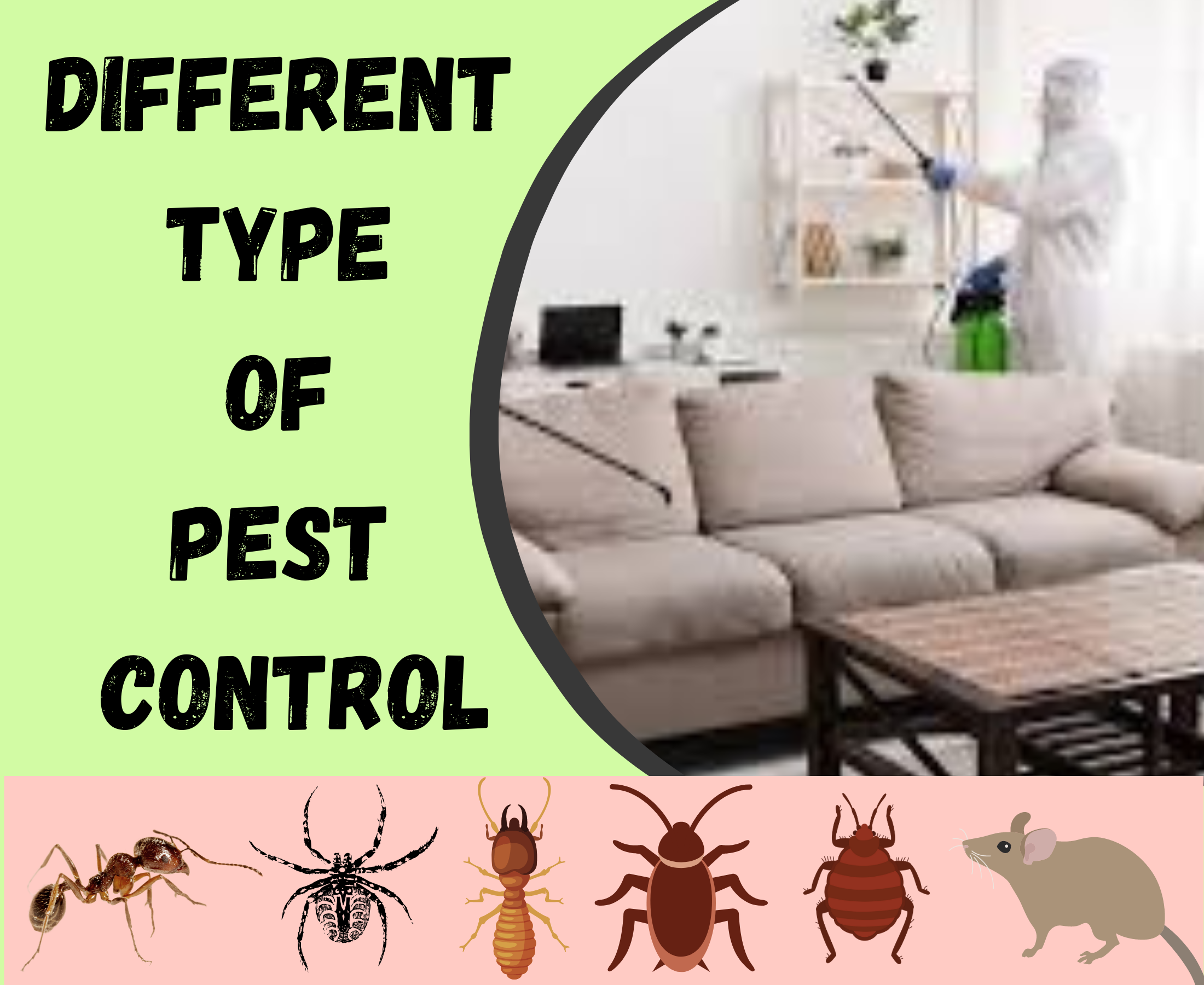The Main Principles Of Pest Control
The Main Principles Of Pest Control
Blog Article
More About Pest Control
Table of ContentsGetting My Pest Control To WorkWhat Does Pest Control Do?Pest Control - QuestionsThe Buzz on Pest ControlSome Known Questions About Pest Control.
Limitations of Chemical Administration Be able to analyze pest troubles, figure out if administration is necessary, and make ideal suggestions using IPM strategies. Recognize with different approaches of bug management - their advantages and restrictions. Understand the worth of beneficial pests. It is not possibleor also desirableto rid yards of all insects.This chapter reviews (IPM), an approach that makes use of knowledge regarding bugs and their, techniques, nonchemical approaches, and pesticides to manage insect issues. Added details concerning IPM for specific plants is included in chapters that concentrate on those plants. Insects in a garden or landscape might include insects and mites, weeds,, mammals, and birds.
Pests and weeds, nonetheless, play a role in the. After planting a yard or establishing a lawn, the all-natural procedure of plant sequence starts to improve and nonnative plants.
What we call "parasites" belong to an all-natural system at work. An ecological community has no parasites. Just humans think about certain varieties parasites when they happen where they are not wanted. We will be extra successful in managing unwanted varieties when we recognize that these organisms adhere to foreseeable patterns that we can use to our advantage.
All about Pest Control
Parasites vulnerable to a chemical were rapidly killed, leaving resistant ones to reproduce and multiply. It became clear that chemicals alone would not address all bug troubles. Instead, overuse of pesticides triggered the growth of immune parasites. Scientists began to establish a brand-new technique to pest control. This new approach was explained as integrated pest administration (IPM).
An IPM plan permits some level of insects in the environment. Pests are a lot less likely to make it through a program that makes use of various techniques of lowering their populations. Integrated bug management was first suggested by entomologists since pests were the first team of parasites to verify challenging to take care of with chemicals alone.
A limit is the factor at which activity should be taken. IPM has actually expanded past bugs to monitoring of all pest populations: weeds, illness microorganisms, and animals.
Pest Control - Questions
Monitoring instead than obliteration of parasites is the goal. An IPM plan begins with a careful analysis of each bug infestation.
Clover growing in a yard may be deemed an unwanted weed, yet as a legume it is synthesizing nitrogen for the soil and the flowers are providing nectar to honey and various other. Resistance for some weeds might be part of an IPM strategy. might be eating the fallen leaves of a plant, but when they are identified as the larvae of Eastern tiger swallowtail butterflies, their damages may be tolerated so we can appreciate the gorgeous butterfly.

The have a peek here second essential device in parasite monitoring is early treatment. Existing and observant in the yard guarantees very early discovery. Responding to problems rapidly, before they have time to multiply, requires a much less remarkable intervention. The 3rd essential tool is recordkeeping; tracking what takes place in the garden makes it possible for a gardener to recognize patterns and make informed decisions.
7 Easy Facts About Pest Control Explained
Several safe, sensible, nonchemical approaches of plant protection and bug monitoring may reduce or remove the requirement to spray. Other methods are most useful when utilized with chemicals. To execute administration techniques correctly and to minimize losses, gardeners should understand the sorts of insects that attack plants and comprehend pest biology.

Carrying out a dirt test and applying just the advised amount of fertilizer and lime makes best use of the benefit to the plant while lessening troubles connected to extreme use plant food - Pest Control. Treatment the soil with several inches of mulch secures the plant in numerous means: decreasing soil water loss to evaporation, lessening weed competitors, giving nutrients, and developing a suitable environment for earthworms and microbes that keep the soil loosened for roots and damage down natural material to launch nutrients
If mulch touches the trunk, it can produce a means for voles, microorganisms, and fungis to assault the plant. Do not use manure or garden compost that has not completely disintegrated as a leading dressing because it can encourage unfavorable bugs. Research study suggests that tilling the soil is detrimental to dirt framework.
Facts About Pest Control Uncovered
If tilling is deemed needed, think about doing it in the loss when the life cycles of many bugs brings them near the surface. At the surface area, pests come to be exposed to the climate as well as birds and various other natural opponents. Fall tilling can likewise destroy bugs in Recommended Site plant residues. Usage disease-free and insect-free licensed seeds and plants if available.
Report this page